The vitamins discovered so far can be divided into two large groups; fat-soluble vitamins and water-soluble vitamins.
Liposoluble Vitamins
They are stored in the body constantly, little excreted and to go through this process are eliminated in the feces. They are generated from a lipid compound and are absorbed in the intestine along with fats, in the same way as these.
- Vitamin A: Retinol

Protects and hydrates the eyes, improves eyesight and helps growth and development. It is found in eggs, liver, legumes and cereals.
- Vitamin D: Calciferol

It allows a better absorption of calcium in the bones and teeth, avoiding osteoporosis and rickets. It is obtained in fish, eggs, skin, and is generated in the skin by the effect of sunlight.
- Vitamin E: Tocopherol
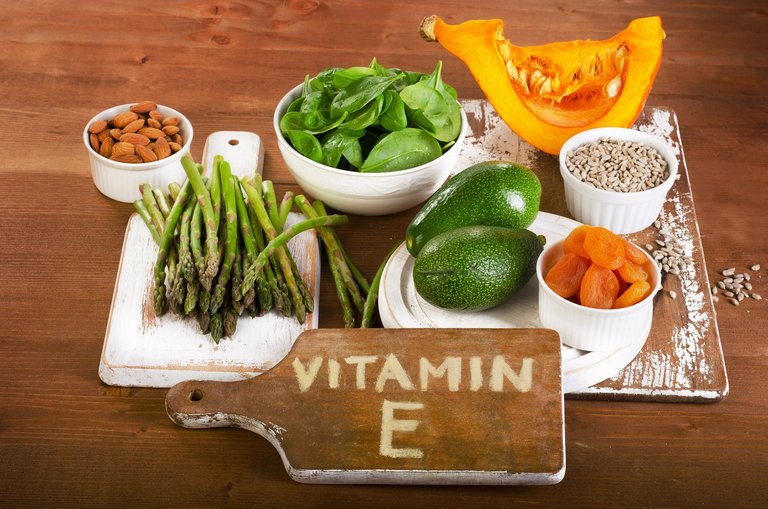
Essential antioxidant against metabolic disorders, is achieved in essential oils, nuts and green vegetables.
- Vitamin K: Phylloquinone

It promotes the coagulation of the blood, prevents hemorrhages and is found in vegetables, legumes and fish.
Water-soluble vitamins
They are not stored almost in the body and are excreted in the urine after being assimilated and metabolized in the body. They are soluble in water and are absorbed in the stomach and intestine.
- Vitamin B1: Thiamine

They intervene in the metabolism of carbohydrates.
- Vitamin B2: Riboflavin
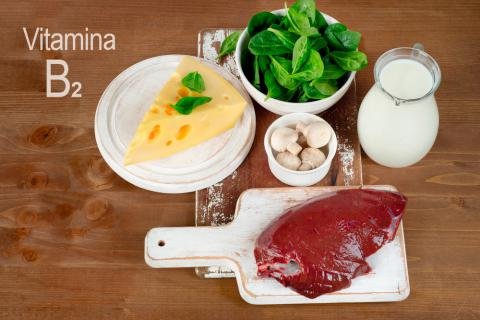
It intervenes in cellular respiration, reducing oxidation reactions that produce and use energy in the body.
- Vitamin B3: Niacin
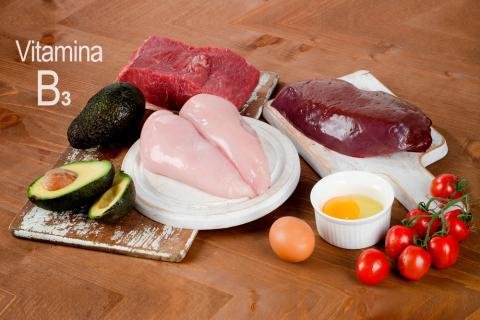
It intervenes in various internal physiological processes with energy production.
- Vitamin B5: Pantothenic Acid

It is a component of coenzyme A, it is essential for chemical reactions that produce energy from fats, proteins and carbohydrates.
- Vitamin B6: Pyridoxal
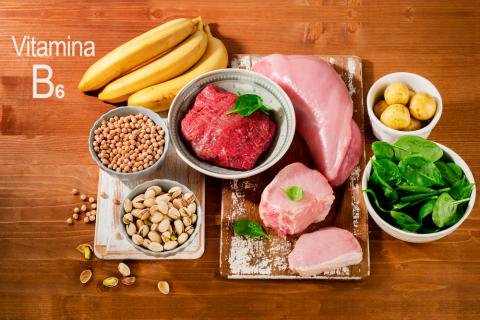
Production of hormones, red blood cells, carbohydrates, proteins and fats.
- Vitamin B8: Biotin
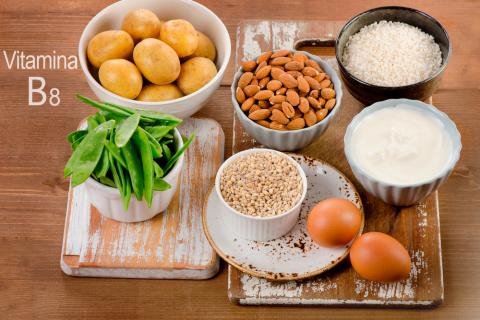
Involved in enzymatic reactions linked to the metabolism of fats, proteins and carbohydrates. It produces energy through several routes, such as the oxidation of fats.
- Vitamin B9: Folic acid
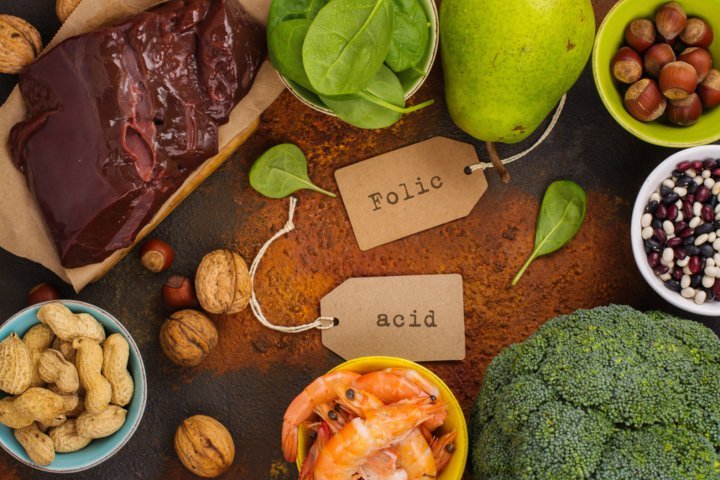
Acts together with B12 to form new proteins, intervenes in the formation of red blood cells and tissue growth.
- Vitamin B12: Cyanocobalamin
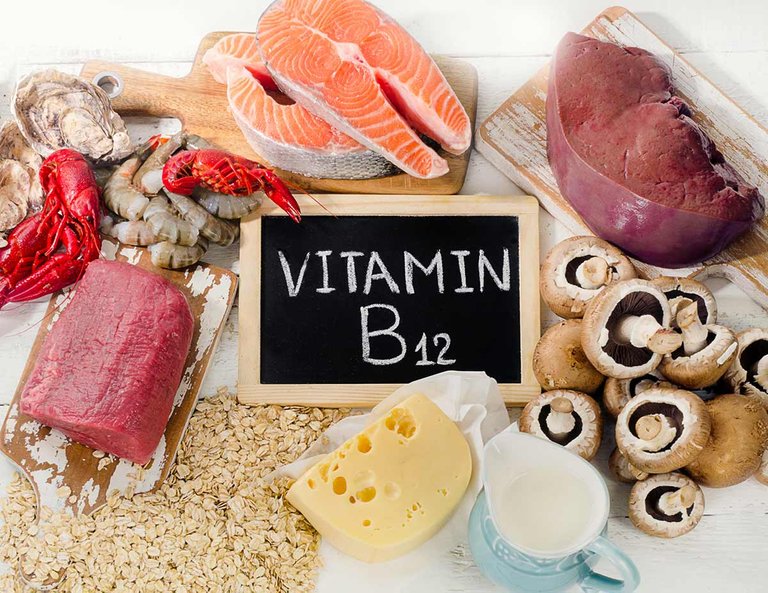
Maintenance of the central nervous system, formation of red blood cells and proteins.
- Vitamin C: Ascorbic acid
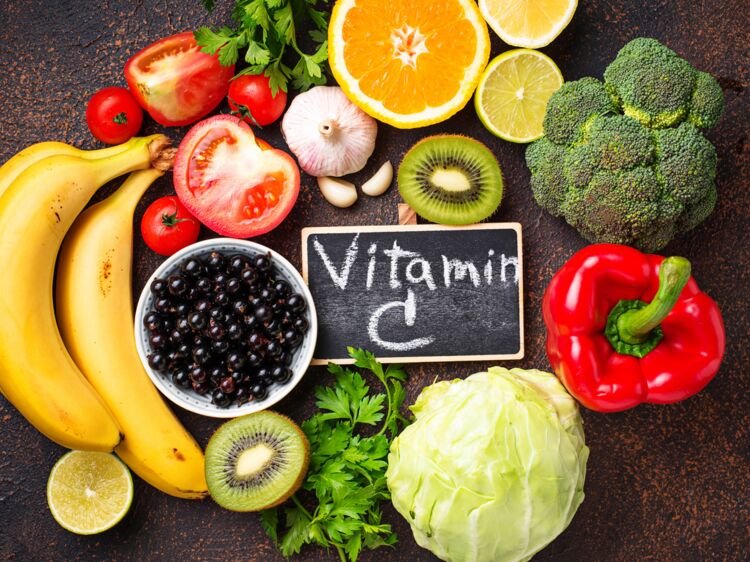
Stimulator of the immune system, antioxidant, promotes the cellular growth of the skin, tendons and blood vessels.
If you wonder what happened with vitamin B4, B8, B10 and B11. It turns out that throughout the story after the discovery of each, to be studied more thoroughly they realized that they were the same as other vitamins of the group of vitamins B, so they were canceled.